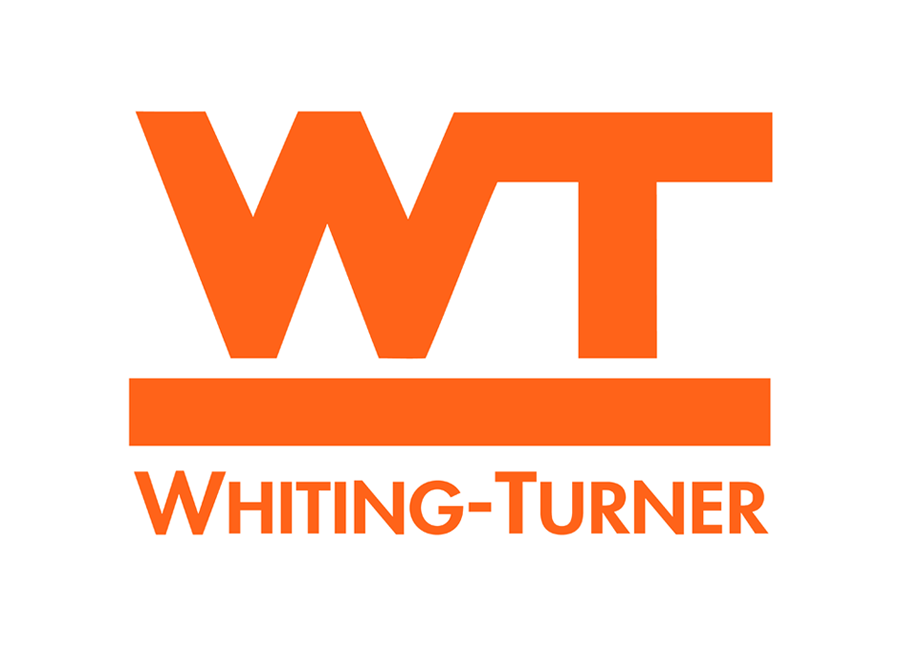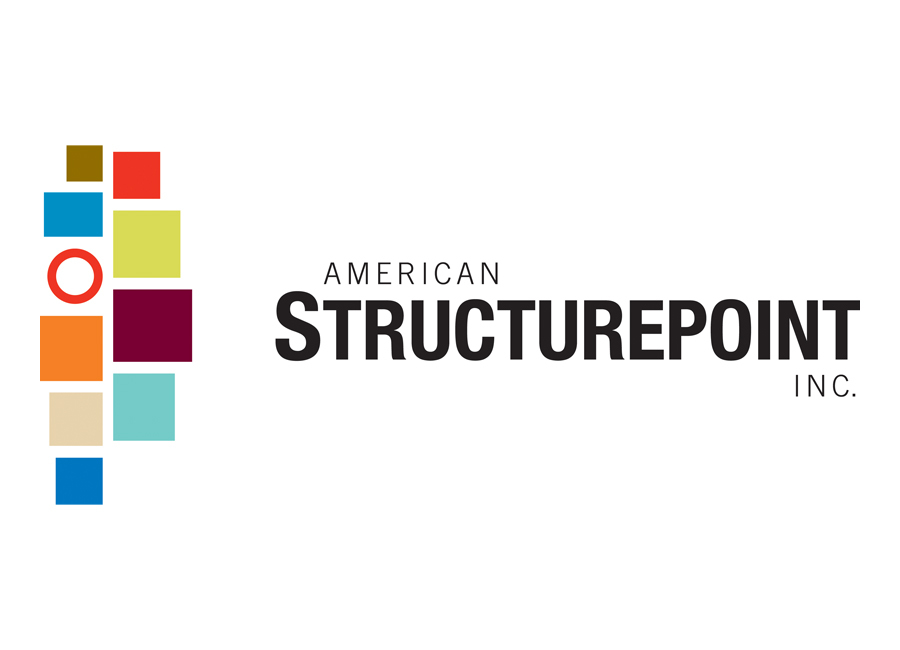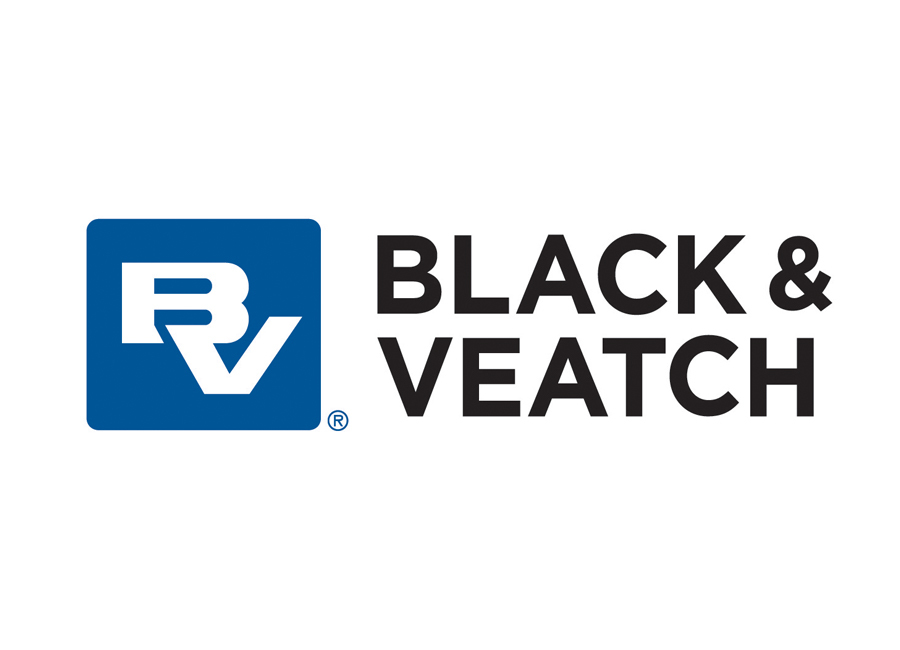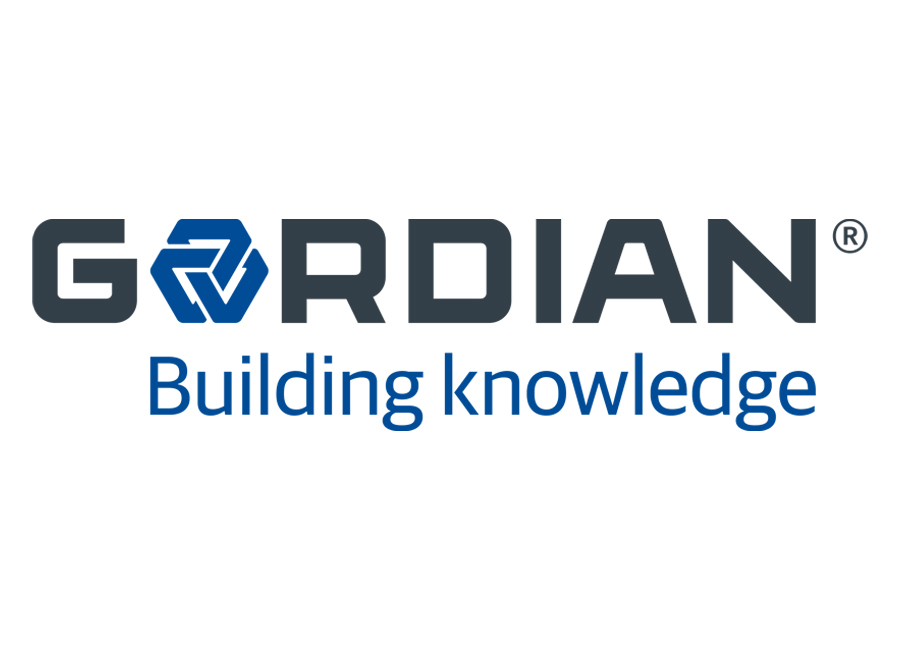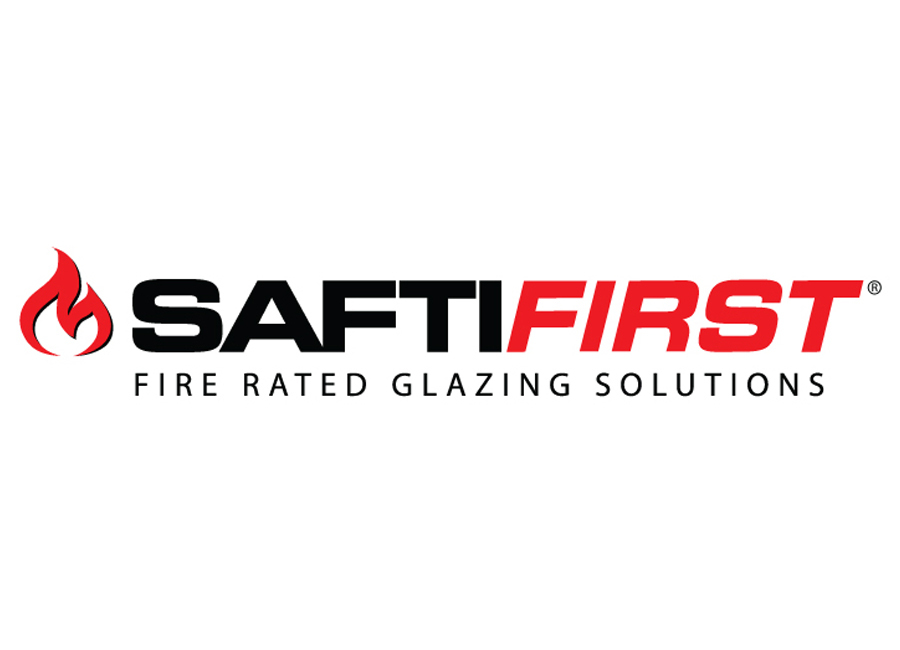
“Single point of responsibility” is a hallmark of design-build project delivery, yet what appears to be a straightforward concept can become very complicated in the absence of appropriate risk allocation. In this session we will discuss ways to manage expectations through the appropriate assessment of risks, including ways to reach mutual agreement on the risks that are appropriate to be borne by the design-builder. We will also review best practices and strategies to avoid disputes over proposal-related services such as under-estimated quantities or defective design concepts and help understand actions that can inadvertently impact the standard of care expectations.
Learning Objectives:
1. Attendees will learn about ways to manage expectations through appropriate assessment of risks.
2. Attendees will learn about ways to reach mutual agreement on the risks appropriate for the design-builder to bear.
3. Attendees will hear about best practices and strategies to avoid disputes over proposal-related services.
4. Attendees will hear about actions that can inadvertently impact the standard of care expectations.

Scott Churilla, DBIA
Vice President/Owner Advisor National Practice Leader
CDM
As a Vice President and Owner Advisor National Practice Leader for CDM Smith, Scott is responsible for growing CDM Smith’s business line of owner advisor services for collaborative delivery projects with a focus on the water market. Scott works with CDM Smith colleagues across North America in developing and identifying owner advisor service opportunities and supporting project teams in the execution of owner advisor scopes of work.
Prior to joining CDM Smith, Scott was a Director of Project Development for The Haskell Company where he was responsible for all aspects of water and wastewater project performance including client and business development, proposal coordination, execution oversight, contracts and project administration.
Previously, Scott was with HDR, Inc. for 14 years working with all HDR operating companies and business groups on integrated delivery (including design-build, EPC and construction management) projects and pursuits. Prior to joining HDR in April of 2005, Scott worked for Kiewit Corporation for more than seven years. Before working with Kiewit, Scott was general counsel to a mid-Atlantic heavy construction and coal mining and reclamation company for three years.
Scott has a Bachelor of Arts degree in Philosophy from Alfred University, Alfred, New York (1984) and he attained his Juris Doctorate from West Virginia University College of Law, Morgantown (1988).

Holly Streeter-Schaefer, JD
Attorney
Burns & McDonnell Engineering Co., Inc.
Ms. Streeter-Schaefer is an attorney at Burns & McDonnell. She has background as a construction engineer that preceded her experience as a practicing attorney specializing in construction law for almost 20 years. Prior to joining Burns & McDonnell, she was a shareholder at a national law firm where she concentrated on design and construction related contracts, risk management, insurance issues, and litigation.
Ms. Streeter-Schaefer has extensive knowledge in preparing, analyzing, and negotiating design and construction contracts, teaming/joint venture agreements, subcontracts, and supplier agreements and in litigating claims involving construction defects, payment disputes, mechanic’s liens, and insurance issues.
She is past President of NAWIC Greater Kansas City, Missouri and the Central Exchange and is currently a commissioner for the Overland Park, Kansas Planning Commission. In addition, she has spoken multiple times on issues relating to the construction industry and has been published in various trade organizations’ print media.

